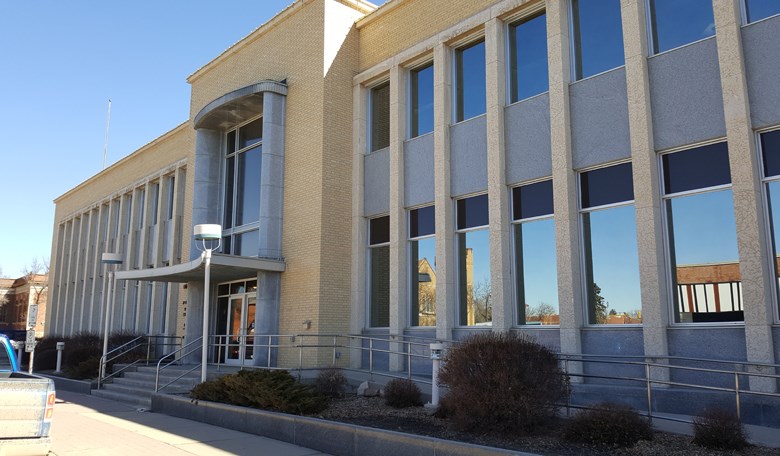Yorkton Council was given some of its options with regard to dealing with a budget shortfall from cuts to funding in the recent provincial budget.
“The 2017/2018 Provincial Budget created a shortfall for our city that would amount to an additional tax increase of 10.3 per cent to our ratepayers. The loss of Sask Power and Sask Energy five per cent payments in lieu is the equivalent to the City losing 58 per cent of the Provincial Revenue Sharing Grant,” detailed a report circulated to the regular meeting of Yorkton Council.
Council was not happy about the deep cuts, or the process by which they were implemented.
“We understand and support we are partners [with the province],” said Councillor Randy Goulden. “But we have not been treated as partners … I’m not feeling like we’re being treated as partners.”
Coun. Aaron Kienle said even following the budget announcement more closely than he ever had, it was not until the smoke settled nearly a day later that the extent of cuts was realized.
“It was camouflaged,” he said, adding the numbers were clearly visible to anyone watching the budget announcement.
It was a theme Coun. Quinn Haider picked up on. He said Premier Brad Wall may have said everything was on the table, but in the case of grants-in-lieu “if they were on the table they were hidden under a place mat until the last second.”
Kienle added that it is not like the grant-in-lieu surcharge is disappearing, noting the five per cent on power and energy bills will now go to the province, with local ratepayers also facing tax hikes to offset the loss at the municipal level. In effect residents will now pay twice.
Mayor Bob Maloney said while no official documentation has arrived it now appears the Province will cap the loss for a city such as Yorkton at 30 per cent, reducing the required municipal tax increase to cover the shortfall from 10 per cent down to 6.6 per cent.
It’s a step, but a small one, he suggested.
“Don’t kid yourself this is downloading,” said Maloney, adding the province “has lots of levers” it can use in dealing with a deficit, while municipalities are limited to cutting dollars, or raising taxes.
With our existing capital budget of three per cent plus the proposed operating at three per cent and now the provincial budget impact of 10.3 per cent we are sitting at a 16.3 per cent tax increase.
“Never in history have we looked at double digit tax increases,” said Kaal.
We cannot find these funds by reducing staff. To put this into perspective, the entire City Hall staff salaries do not add up to this amount and this includes everyone in the building including management. (Finance, I.T., Human Resources, Legislative, Administration, Planning, Building, Development, Engineering and Asset Management), detailed City Manager Lonnie Kaal.
Kaal also suggested there were few places to tighten the budget.
“Efficiencies have already been implemented in 2015/2016 (e.g. reducing administration 10 per cent, changing job descriptions and duties, modifying departments) and there is little that can be done unless we look at changing the way we do business. This translates into reduced levels of service or not providing some services at all. The problem is further hampered because we are three months into our fiscal year, and changes to service levels will take time to implement,” detailed her report.
But cuts to the local budget do need to be made if they are to lower the increase, said Kaal, adding that the Cities Act and Municipalities Act require municipalities to run balanced budgets.
“We are required by law to have a balanced budget,” she said.
So it will be a time of difficult decisions for Council.
“We have very few options,” said Kaal. “… This problem is so big we can’t fix it. We are left with changing the way we do business.”
Kaal did offer a short list of possible options for Council including;
• Review existing budget and consider deleting additional items from previous years.
• Review fleet operations.
• Review services where the cost is high in relation to the number of users.
• Review all grants and incentives to organizations.
• Consider reducing levels of service such as; gravel roads, snow removal, grass cutting.
• Consider reducing facility costs; including closing arena’s one month earlier, re-locating some functions and possibly selling properties.
Compounding the issue for Council is the fact they are now three months into the budget year.
“We are also under a very short timeline,” said Kaal.



.png;w=120;h=80;mode=crop)
